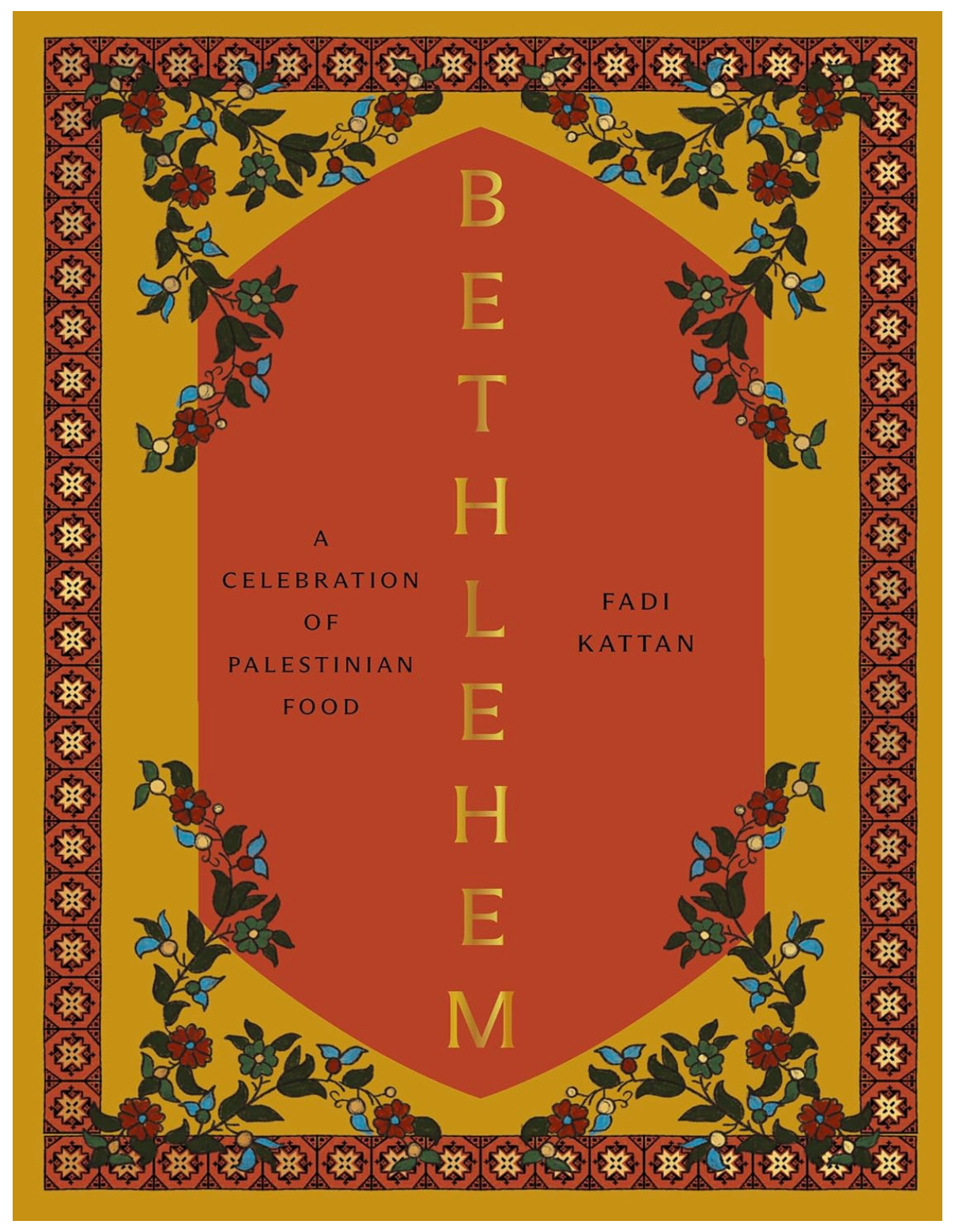International Cookbooks
Six of the very best from 2024
Bethlehem by Fadi Kattan
Fadi Kattan wrote Bethlehem and sent it to publishers Hardie Grant in 2023, just before the terrible crimes of October 7th and the subsequent warfare, persecution, deprivation of clean water and starvation carried out against the civilian Palestinian community.
Bethlehem – published this year – now stands as a vital record of a m…



